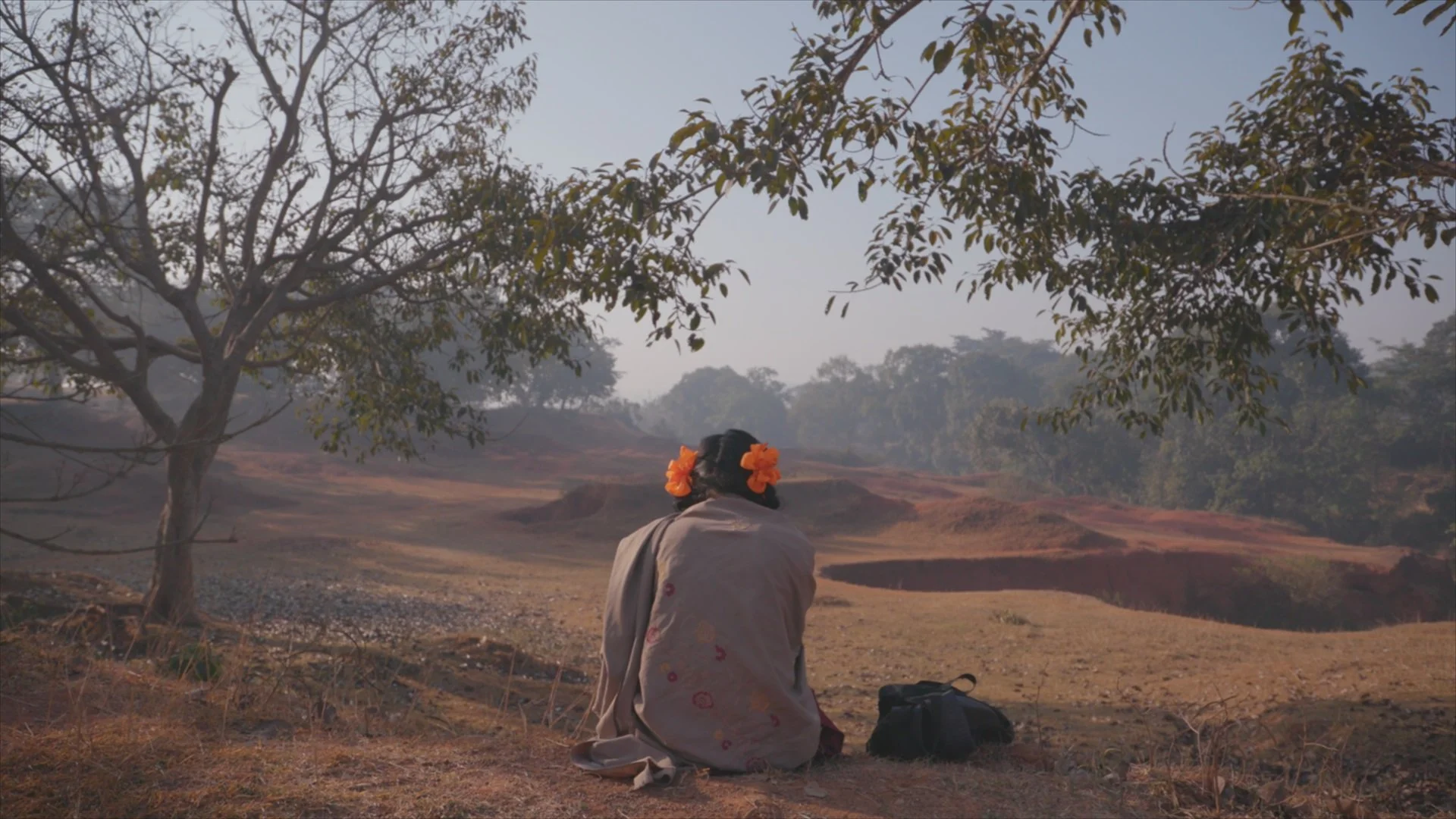To Kill a Tiger takes a powerful look at one father's fight against sexual violence in India, at VIFF till February 16
Documentary details the struggle for justice in a village where a child was viciously assaulted
To Kill a Tiger screens at VIFF Centre. February 11 through 16. Filmmaker Nisha Pahuja holds a virtual Q&A at the February 11 screening.
TORONTO FILMMAKER Nisha Pahuja’s powerful new feature-length documentary To Kill a Tiger reveals the arduous work it takes to change a culture of violence against girls in rural India.
With great sensitivity and intimate access to her subjects, Pahula traces one father’s fight for justice for his 13-year-old daughter, who has been gang-raped by three men in their remote village of Jharkand.
Rice farmer Ranjit faces pressure from villagers and local politicians to marry his daughter to one of the rapists, and be done with the supposed dishonour he’s brought upon his household. But with a team of activists and legal advocates, he stands up for his daughter—despite shunning by neighbours and even threats to his life.
In this NFB/Notice Pictures film, the director offers the viewer remarkable access to village life, not just in the modest home where Ranjit’s family make roti on an open fire, but in the fields where they herd goats and collect water from a pump. The camera finds quiet details, like Ranjit’s daughter carefully weaving ribbons into her hair. Women and men insist that the community, not the criminal court, should solve the issue with a forced marriage—to remove the “stain on her”. The men become increasingly hostile—to the family, and eventually to the film crew itself.
As difficult as the subject matter is, Ranjit's courage is a beacon of hope throughout—showing the difference male allyship is starting to make in the fight against rape and femicide in India. And Pahuja affords the victim, who learns the power of standing up for herself, her own dignity and voice as well. A moving and galvanizing achievement.














